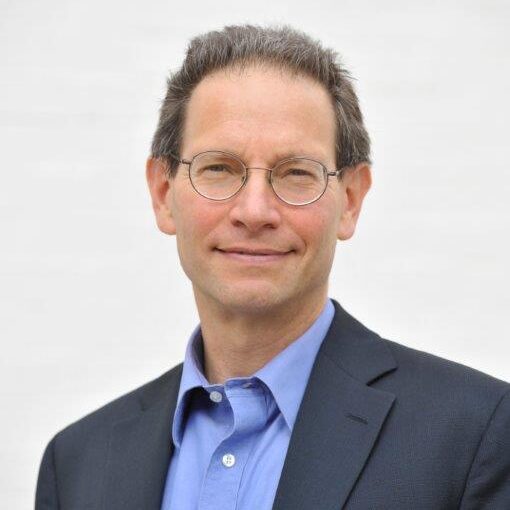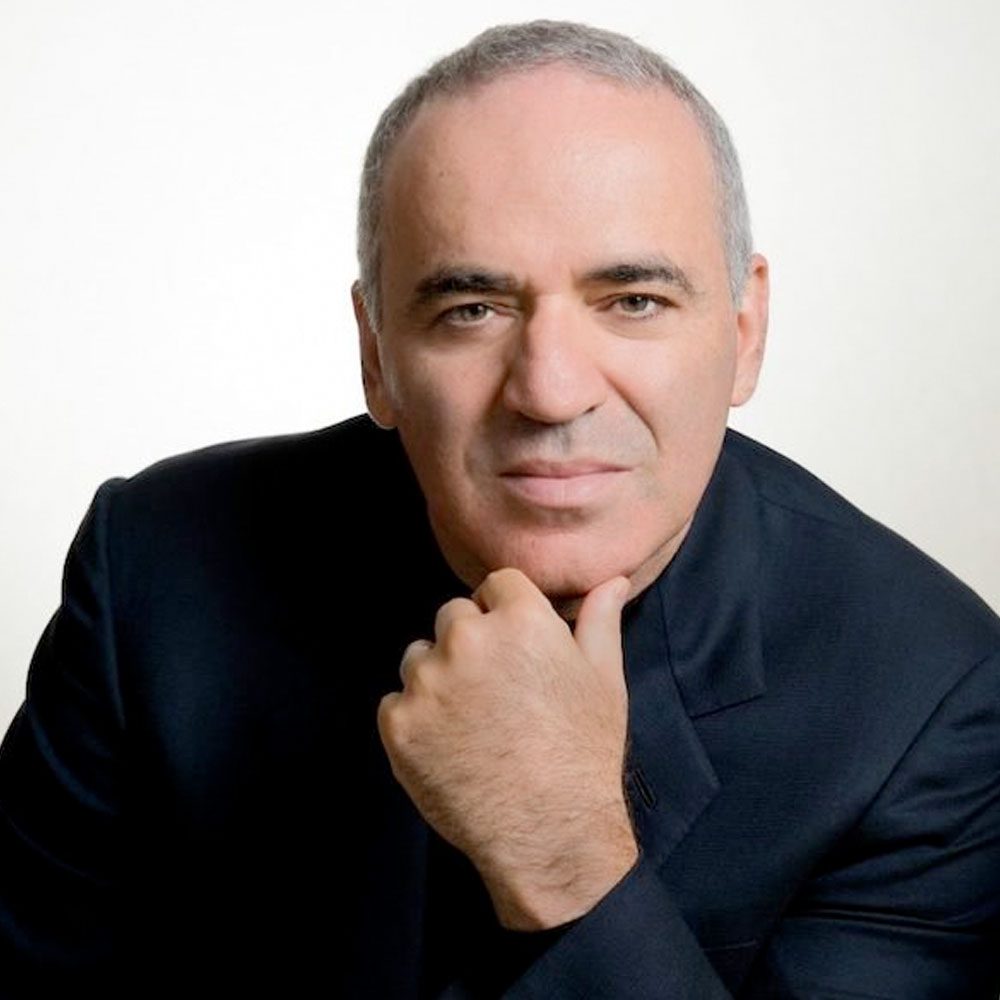Currently, NATO has 31 member countries and there are four countries that have declared their desire to join the alliance, which includes Ukraine. Over the years, Ukraine has sought to move away from Russia’s sphere of influence and align itself more closely with the West.
Since the beginning of the Russian invasion, a record 82% of Ukrainians support joining the alliance. Ukraine formally announced a bid for fast-track membership in September 2022. Those who argue “yes” say admitting Ukraine would protect the country from further aggression, affirm its sovereignty, and solidify its alignment with the West and the rest of Europe.
Those who argue “no” worry that doing so would provoke Putin and escalate the conflict, destabilizing the region, and that Ukraine doesn’t yet meet NATO’s standards regarding military capability, political stability, and commitment to democratic values.
Against this backdrop, we debate the question: Should NATO Admit Ukraine?
Interview:
Garry Kasparov rose to international fame in 1985 as the youngest world chess champion in history. He was 22 at the time and is widely considered among history’s greatest chess players. In 2005, Kasparov retired from the sport to devote his time to writing and human rights activism. He is currently chairman of the Human Rights Foundation, a nonprofit that promotes human rights globally and organizes the Oslo Freedom Forum, and chairman of the Renew Democracy Initiative, dedicated to global democracy. He is a frequent contributor to major international publications, including The Wall Street Journal and The New York Times.

Charles Kupchan is a senior fellow at the Council on Foreign Relations specializing in NATO relations and a professor of international affairs at Georgetown University in the Walsh School of Foreign Service and Government department. From 2014 to 2017, Kupchan served as special assistant to the president and senior director for European affairs on the staff of the National Security Council in the Obama administration and director for European affairs during the first Clinton administration. Before joining the National Security Council, he worked in the U.S. Department of State on the policy planning staff. Previously, he was an assistant professor of politics at Princeton University, the Henry A. Kissinger scholar at the Library of Congress, a fellow at the Woodrow Wilson International Center for Scholars, and a senior fellow at the Transatlantic Academy. He is the author of ten books and numerous articles on international and strategic affairs. He served as a visiting scholar at Harvard University’s Center for International Affairs, Columbia University’s Institute for War and Peace Studies, the International Institute for Strategic Studies in London, the Centre d’Étude et de Recherches Internationales in Paris, and the Institute for International Policy Studies in Tokyo.
Interview:



No comments:
Post a Comment